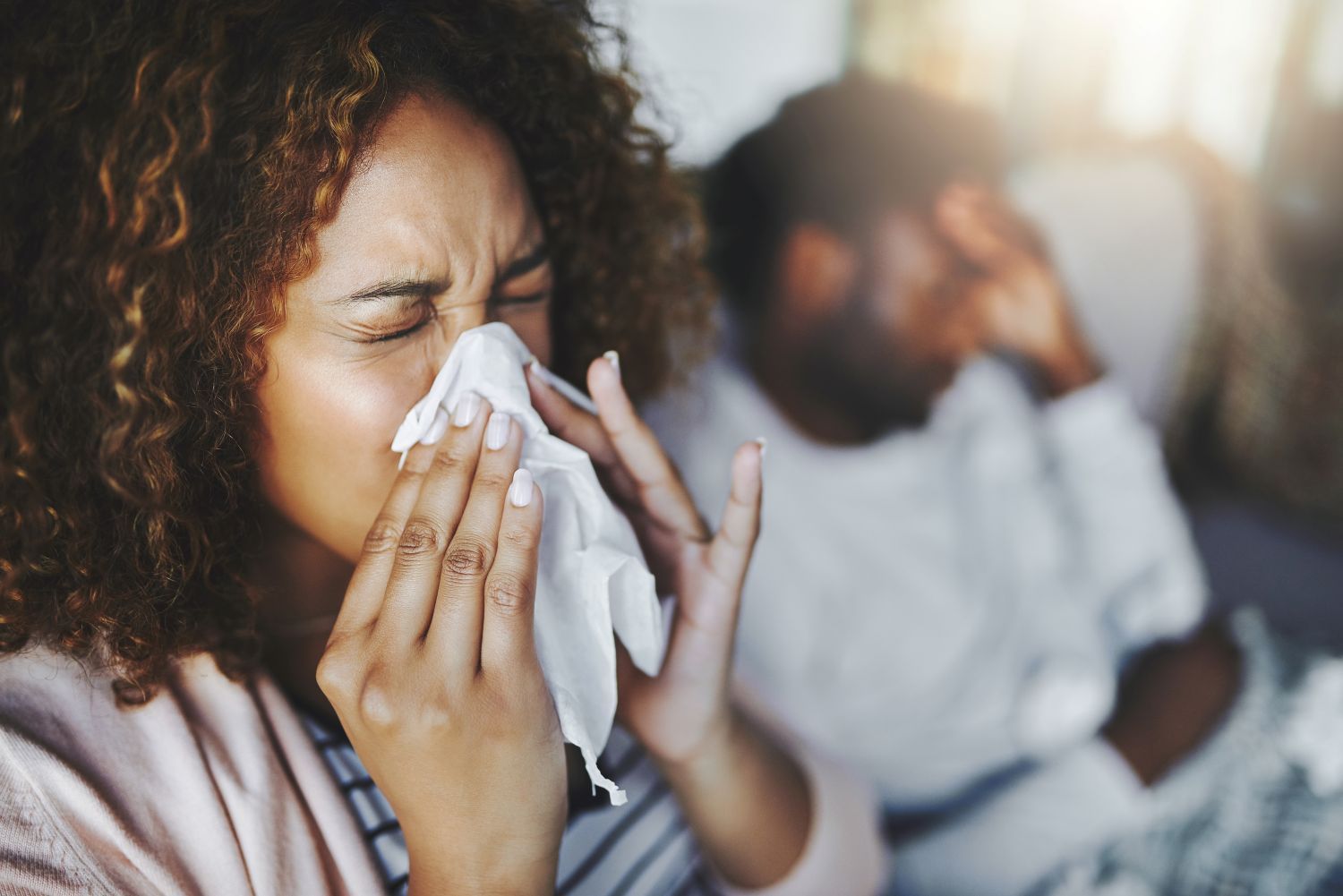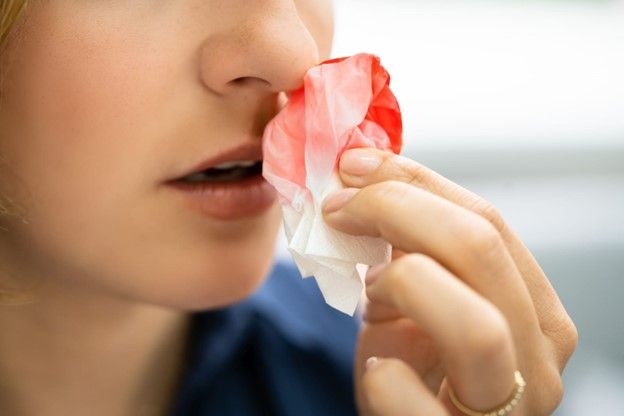Can Seasonal Allergies Cause a Sore Throat?
If you've ever experienced a sore throat during allergy season, you might be wondering if there's a connection. There is! Read on to learn how seasonal allergies can lead to a sore throat and what you can do about it.
What Are Seasonal Allergies?
Seasonal allergies, often referred to as hay fever or allergic rhinitis, are triggered by allergens that are prevalent in certain seasons. Common culprits include pollen from trees, grasses, and weeds. When these tiny particles enter your body, your immune system goes into overdrive, thinking they are harmful invaders. This reaction can lead to a range of symptoms, including sneezing, itchy eyes, and, yes, a sore throat.
How Do Allergies Cause a Sore Throat?
So, how exactly can seasonal allergies lead to a sore throat? Here’s the scoop:
- Postnasal Drip: One of the most common ways allergies can cause a sore throat is through postnasal drip. When you have allergies, your body produces extra mucus to help trap and eliminate allergens. This excess mucus can drip down the back of your throat, leading to irritation and a scratchy feeling.
- Inflammation: Allergies can cause inflammation in your nasal passages and throat. This inflammation can make your throat feel sore or scratchy, especially if you’re constantly clearing your throat or coughing.
- Coughing: Allergies often trigger coughing as your body tries to clear the irritants from your throat. Frequent coughing can strain your throat muscles, which can also contribute to soreness.
How to Alleviate a Sore Throat from Allergies
If you're dealing with a sore throat due to seasonal allergies, here are some tips to find relief:
- Stay Hydrated: Drinking plenty of water helps keep your throat moist and can thin out mucus, making it easier to manage postnasal drip.
- Use a Humidifier: Adding moisture to the air can soothe an irritated throat. A humidifier can be especially helpful at night while you sleep.
- Gargle with Salt Water: A warm saltwater gargle can provide temporary relief for a sore throat. Just mix a teaspoon of salt in a glass of warm water and gargle a few times a day.
- Over-the-Counter Medications: Antihistamines can help reduce allergy symptoms, including a sore throat. Decongestants may also be helpful if you’re feeling stuffy. Always consult with your ear, nose, and throat (ENT) provider before starting any new medication.
- Avoid Irritants: Try to stay away from smoke, strong odors, and other irritants that can worsen your symptoms. Keep windows closed during high pollen seasons and consider using an air purifier in your home.
When to See a Doctor
If your sore throat persists for more than a week, is accompanied by a high fever, or if you have difficulty swallowing or breathing, it’s important to consult an ear, nose, and throat (ENT) specialist. They can help determine whether your symptoms are caused by allergies or an underlying condition that may require further attention.
Find Relief from Allergy-Related Sore Throat at ENT Care Centers in Louisville, Kentucky
Dealing with a sore throat caused by allergies can be incredibly uncomfortable. The good news is that there are effective treatment options available to help alleviate your symptoms. At ENT Care Centers in Louisville, Kentucky, our experienced ear, nose, and throat specialists provide expert care of the throat and are committed to helping you find the relief you need from allergy-related issues. Don’t let discomfort hold you back—schedule an appointment and take the first step toward feeling better!













